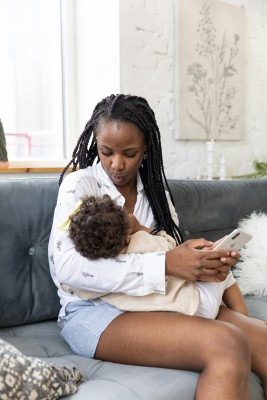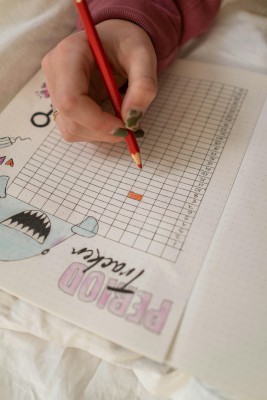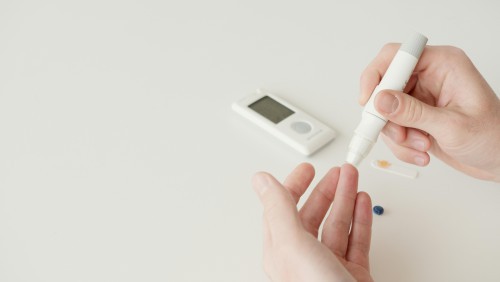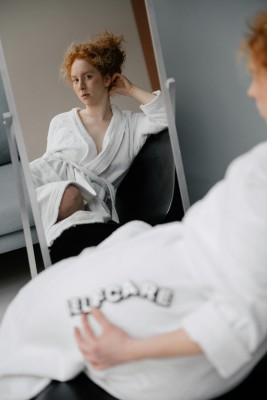What Many Don’t Know: Hormonal Changes in Women in Their 30s and After Birth
Views:1298 |
By:
Lenah

For many women, their 30s are a beautiful season of growth — in career, family, and self-awareness. But beneath the surface, something else is happening that often goes unseen and misunderstood: hormonal changes. Whether she’s transitioning into her 30s or navigating life after childbirth, a woman’s body is going through more than meets the eye.
Yet so many people — especially men — don’t fully understand this shift.
What Happens in a Woman’s Body in Her 30s?
Even when periods are still regular, hormone levels start to shift subtly but significantly in a woman’s 30s. This phase is known as perimenopause, and it’s the body’s way of preparing for the eventual transition to menopause — often years down the line.
Common signs include:
Worsening PMS symptoms
More intense mood swings or anxiety
Fatigue and disrupted sleep
Changes in libido
Irregular or heavier periods
It’s not in her head — it’s in her hormones. And these changes can affect how she feels, thinks, and functions day to day.
After Birth: A Hormonal Earthquake
Giving birth is one of the most transformative experiences a woman can have — emotionally and biologically. Immediately after delivery, estrogen and progesterone levels plummet, creating a hormonal crash that affects mood, energy, and mental clarity.
Meanwhile:
Oxytocin rises to help bonding with the baby.
Prolactin increases to stimulate milk production — but it can also suppress libido.
Many women experience emotional sensitivity, crying spells, anxiety, or even depression.
This is why postpartum depression and anxiety are so common — and why it’s essential to approach new mothers with tenderness, not judgment.
For Men & Loved Ones: This Is Your Time to Show Up
A woman doesn’t need to be “fixed” — she needs to be understood.
If you love a woman in her 30s, or one who has recently given birth, here’s how to support her:
Be patient with mood swings or emotional days — it’s not personal.
Don’t dismiss what she feels as "just hormones" — hormones are real.
Educate yourself — knowing the science is a powerful act of love.
Offer help proactively — even small things matter deeply.
Be emotionally available — your presence can be more healing than any advice.
Women’s bodies are constantly evolving — balancing strength and softness, life-giving power and hormonal storms. The changes may be invisible to the eye, but they are deeply felt.
Understanding these changes doesn’t just make us better partners or friends — it makes us more compassionate humans.
Let’s talk about it more. Let’s normalize it. Let’s show up for the women in our lives.

 How to Track Irregular Periods
How to Track Irregular Periods  The Shocking Truth About Reversing Diabetes
The Shocking Truth About Reversing Diabetes  How to Cycle Sync Your Periods for Better Health and Balance
How to Cycle Sync Your Periods for Better Health and Balance  Brazilian Waxing and vaginal health, everything you need to know
Brazilian Waxing and vaginal health, everything you need to know  5-Minute Daily Health Boost Routine
5-Minute Daily Health Boost Routine